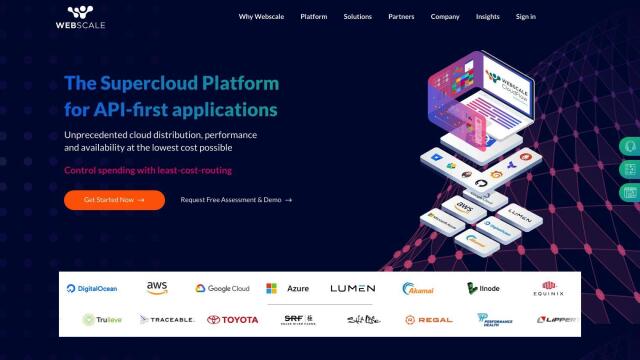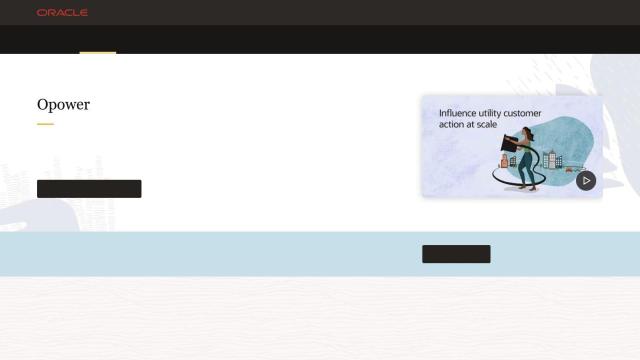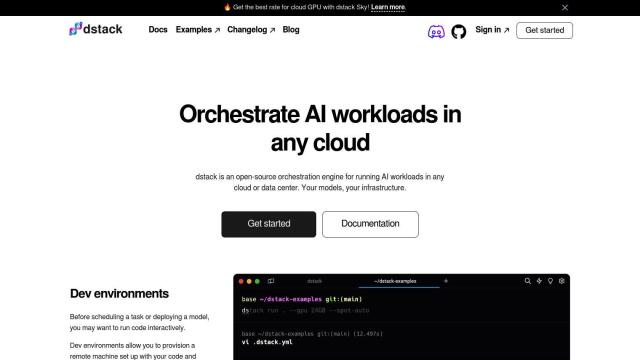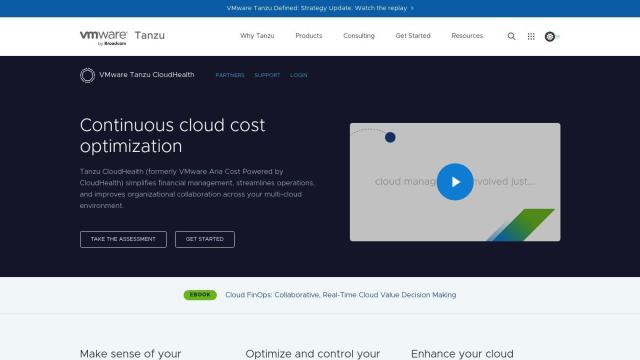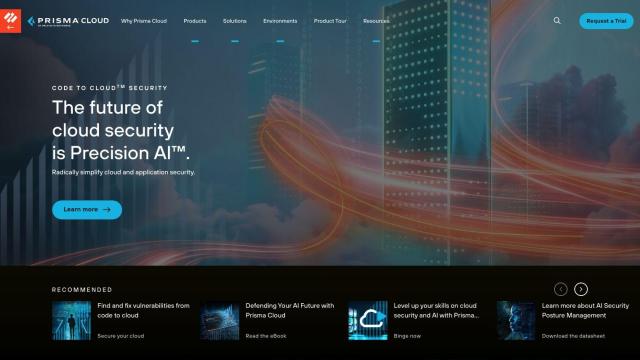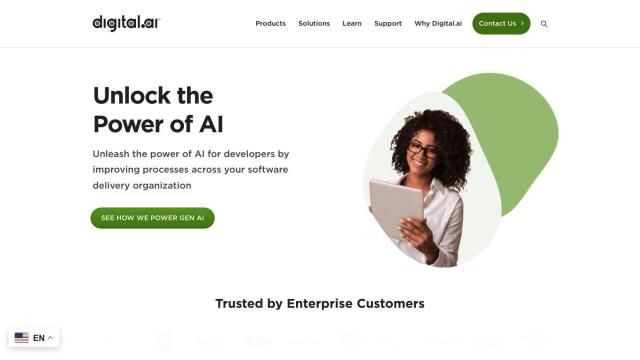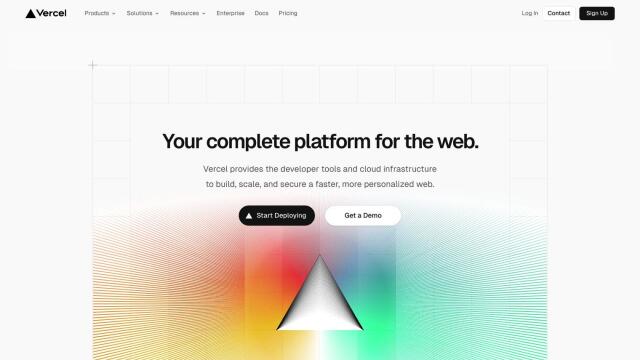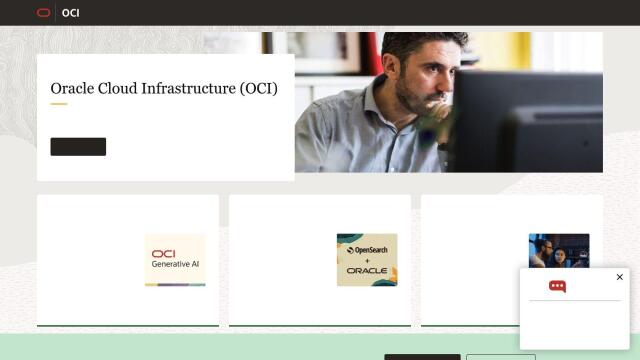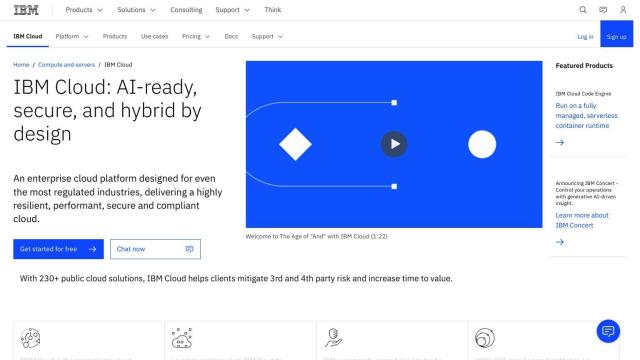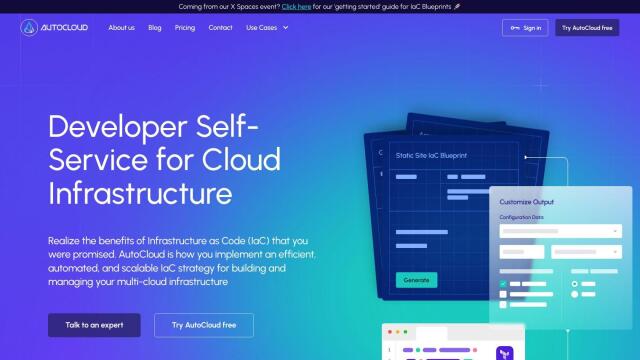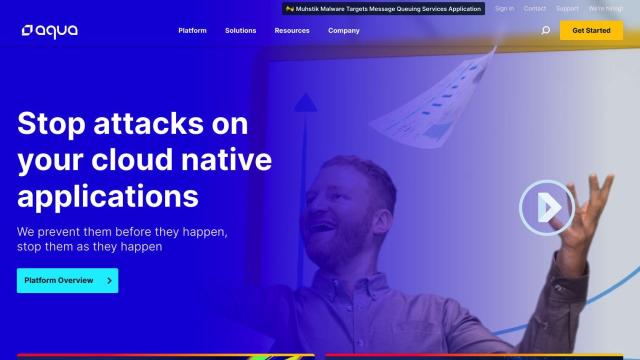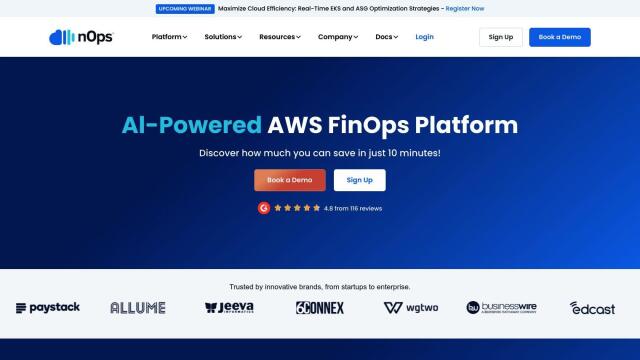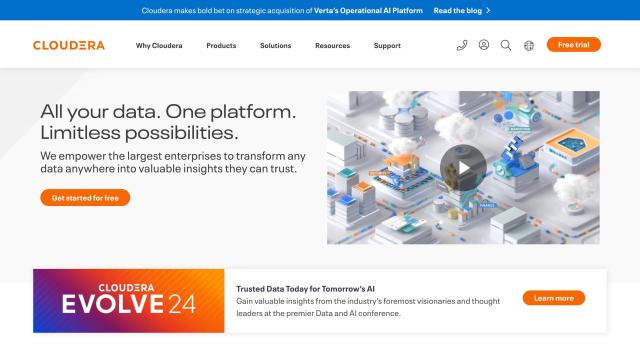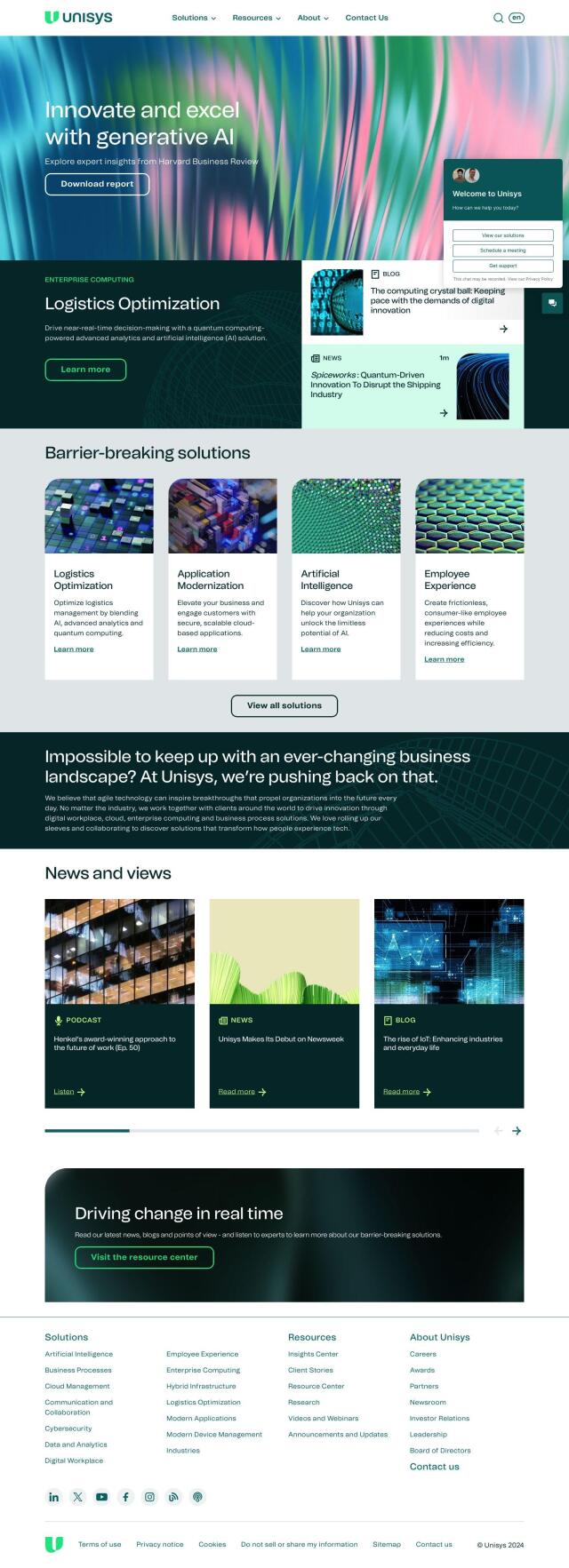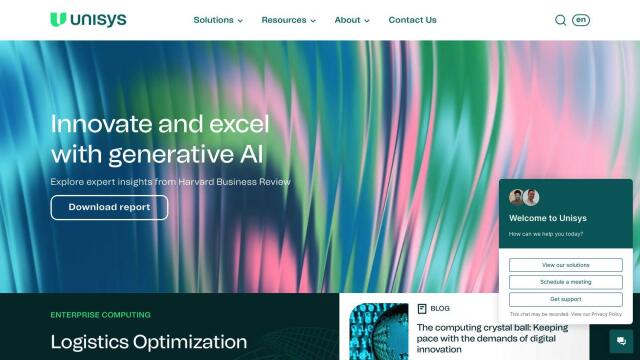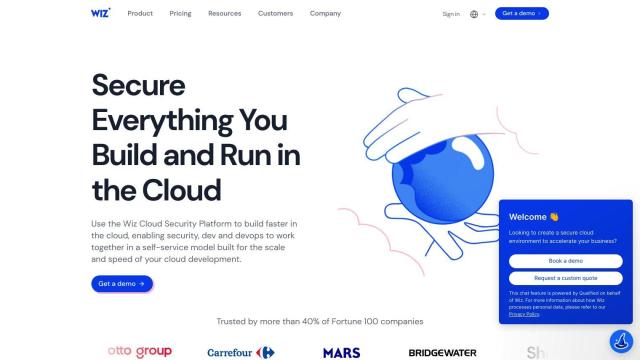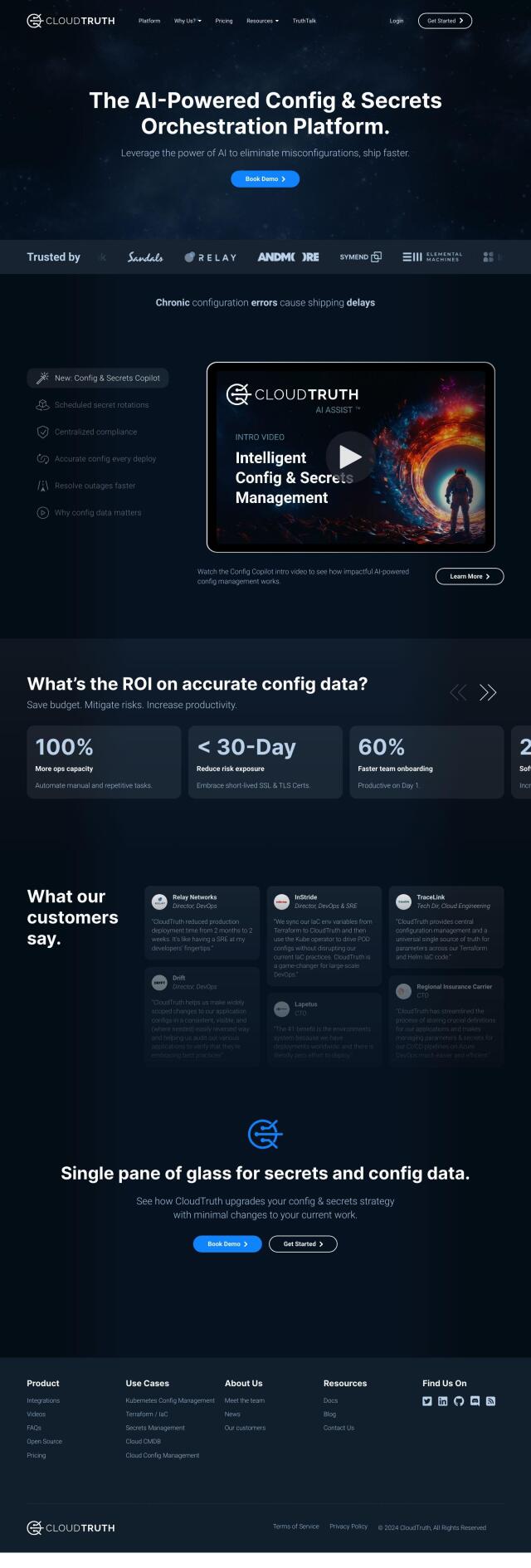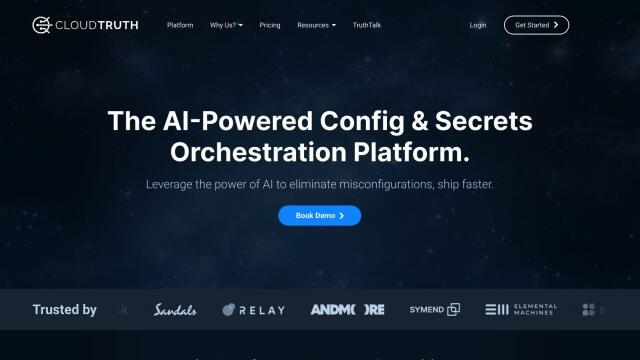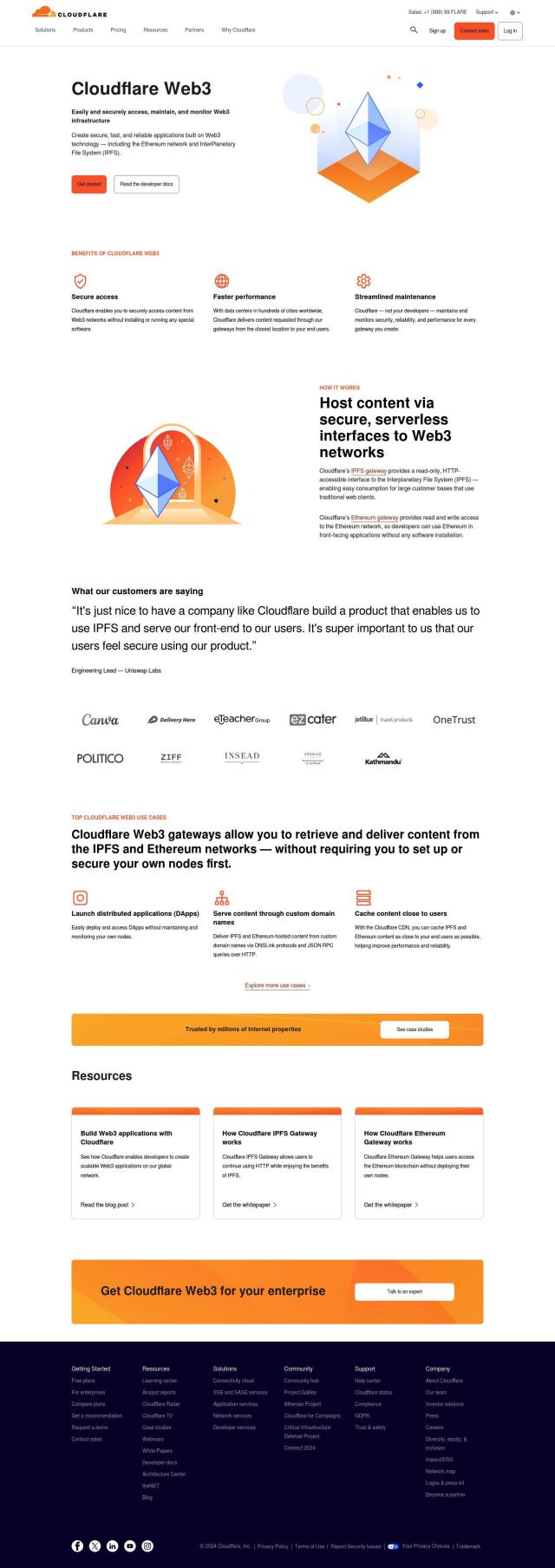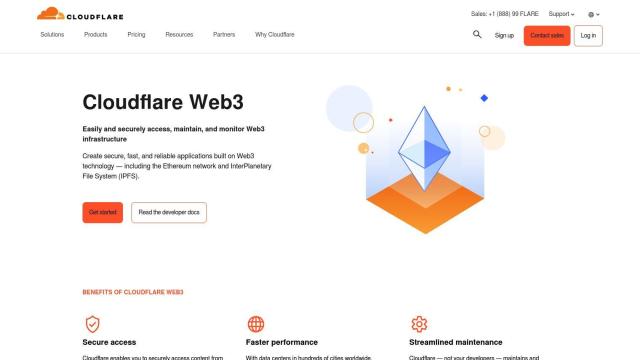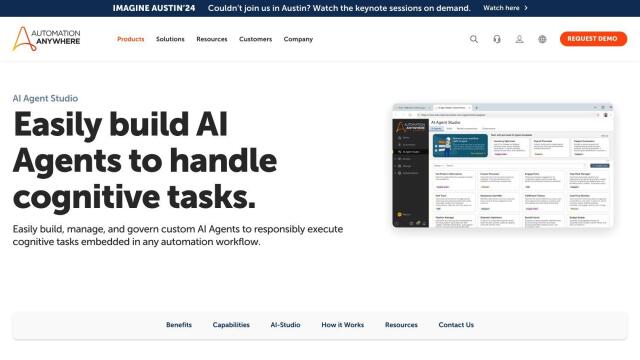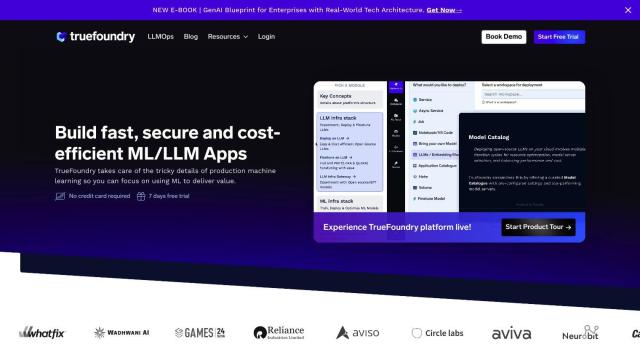
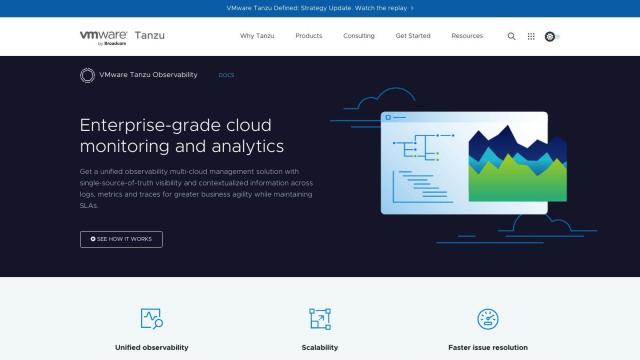
VMware Tanzu
If you're looking for a Webscale alternative, VMware Tanzu is a good option. It lets Dev and Ops teams build, deploy and manage cloud-native applications on multiple clouds and edge computing sites. With features like AI-powered app visibility, multi-cloud support and automation, it streamlines lifecycle management and accelerates cloud-native development methods that can mean big cost savings and a high return on investment.

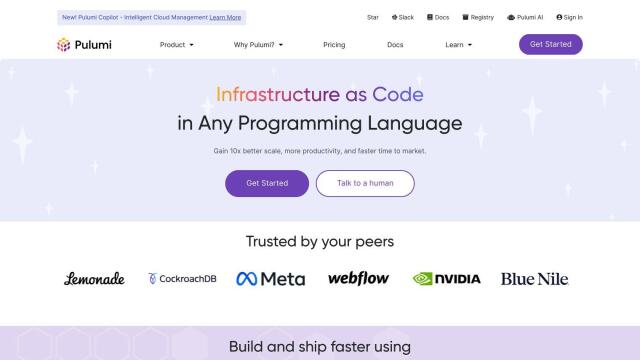
Pulumi
Another good option is Pulumi, an open-source infrastructure as code (IaC) SDK that lets you write infrastructure code in a variety of programming languages to create and manage infrastructure on multiple clouds, including AWS, Azure, Google Cloud and Kubernetes. Pulumi's code engine lets developers, security and operations teams work together by writing infrastructure code in languages they already know, with features like policy-as-code, automated testing and deployments that follow organizational standards.

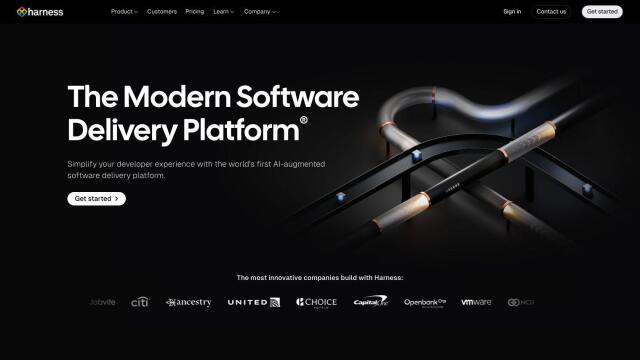
Harness
For managing the full software delivery lifecycle, Harness is a good option. It automates and optimizes tasks like continuous integration, continuous delivery, feature flags, infrastructure management and cloud cost optimization. With automated pipelines for deploying software to multiple clouds, regions and services, it can build code faster and securely automate infrastructure changes, boosting developer productivity and reducing manual intervention.

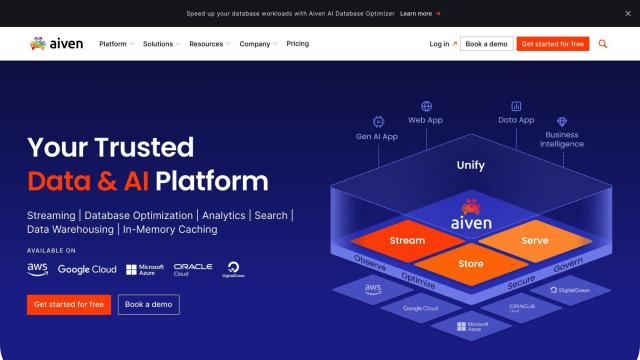
Aiven
Last, you should consider Aiven, a single, cloud-agnostic platform for managing cloud data infrastructure by running open-source projects on multiple clouds. It offers services like streaming, storing and serving data, along with transparent and predictable pricing and strong security and compliance features. Aiven supports multiple clouds, including AWS, Google and Azure, so it's a good option for companies that want to avoid lock-in and speed up app development.

